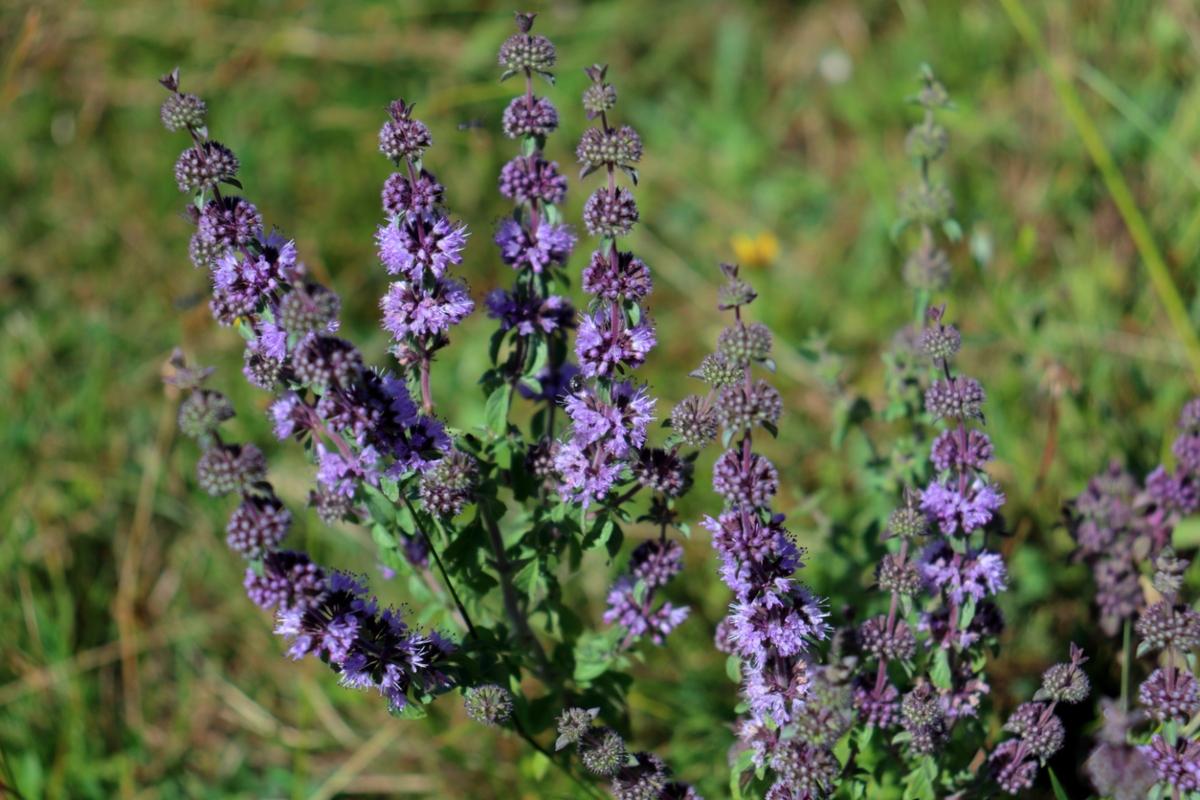Peppermint is more than just a flavorful addition to your favorite dishes and beverages. Knowing what does peppermint repel can significantly enhance your pest control strategies, making your environment more comfortable and inviting. Whether you want to keep insects at bay or simply enjoy the aromatic scent of peppermint, this article will explore its remarkable repelling abilities, the science behind it, and practical tips on using it effectively.
In todays world, where natural solutions are increasingly favored, understanding the surprising effects of peppermint is crucial. From rodents to insects, let's dive into the intriguing aspects of this versatile herb.

Pest Problems: What Can Peppermint Help With?
First off, let's discuss the primary pests that peppermint has been known to repel. These include:
- Ants
- Spiders
- Mice
- Bed Bugs
Studies have indicated that the strong aroma of peppermint disrupts the sensory receptors of these pests, leading them to steer clear of treated areas. The compounds in peppermint oil, particularly menthol, create an unpleasant environment for these unwanted guests.
The Science Behind Peppermint's Repelling Behavior
So, how does this all work scientifically? The active ingredients in peppermint, such as menthol and menthone, emit a potent fragrance that repels various types of insects and rodents. A study conducted by the National Pesticide Information Retrieval System pointed out that peppermint oil is generally regarded as safe and non-toxic, making it an excellent alternative to traditional chemical repellents.

How to Use Peppermint to Keep Pests Away
To harness the power of peppermint in your own home, consider the following practical methods:
1. Peppermint Oil Spray
Create a pest-repelling spray by mixing water with a few drops of peppermint essential oil. Spray this mixture around entry points, windows, and corners of your home to deter pests. Not only does this method repel unwelcome visitors, but it also leaves your space smelling refreshing.
2. Cotton Balls Soaked in Peppermint Oil
Another simple method is to soak cotton balls in peppermint oil and place them in areas where you frequently see pests. This not only creates an aromatic barrier but also has a long-lasting effect.
3. Planting Peppermint
If you love gardening, consider adding peppermint plants to your garden. Not only do they look beautiful, but they also act as natural pest deterrents by emitting their fragrance throughout the area.

Other Natural Repellents Worth Trying
While peppermint is remarkable, its not the only natural repellent you can count on. Basil, for example, is known to repel mosquitoes, while garlic is another powerful agent against various insects. If you're dealing with specific pests, consider exploring articles on black widow spiders and lavender oil too!
Additional Resources
If you're interested in more information on safe pest repellents, consider visiting GoodRx or PETA.
Frequently Asked Questions
1. Is peppermint safe for pets?
While peppermint is generally safe, its important to use products with caution around pets. Always consult a veterinarian if you have specific concerns about using peppermint around your furry friends.
2. Can peppermint repel all insects?
Peppermint is particularly effective against ants, spiders, and rodents, but it may not repel every type of insect. Always explore various methods for comprehensive protection.
3. How often should I apply peppermint oil as a repellent?
Reapplication every few days may be necessary, especially if its exposed to moisture or comes into contact frequently. Always ensure your home stays pest-free!
As an Amazon Associate, I earn from qualifying purchases.
